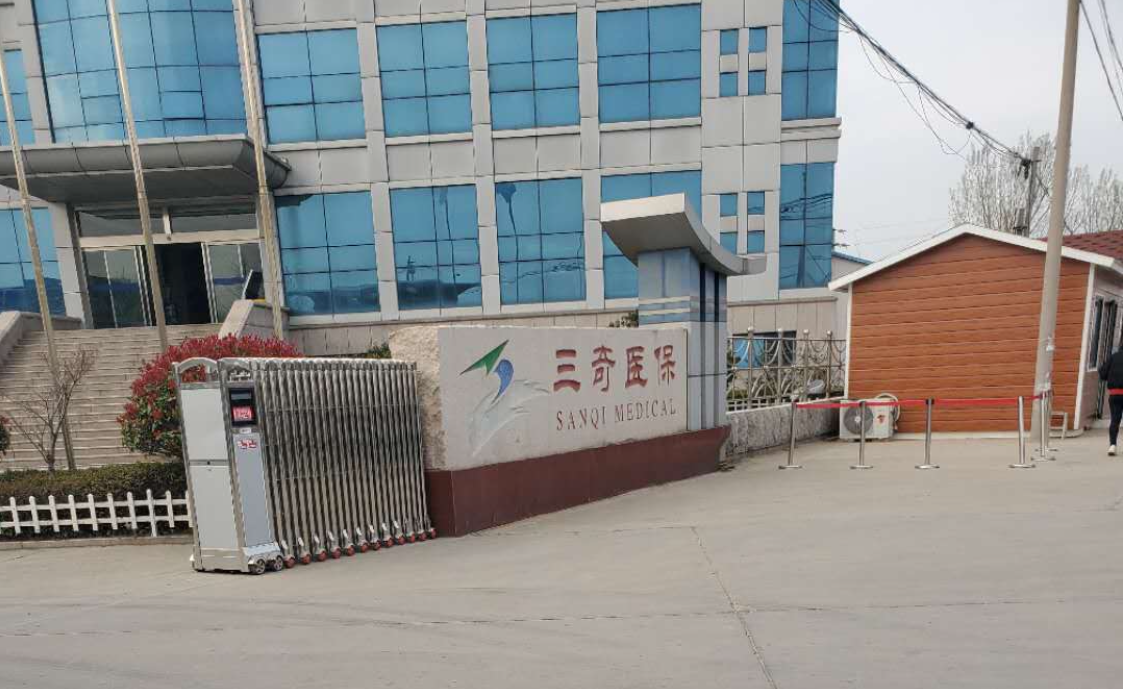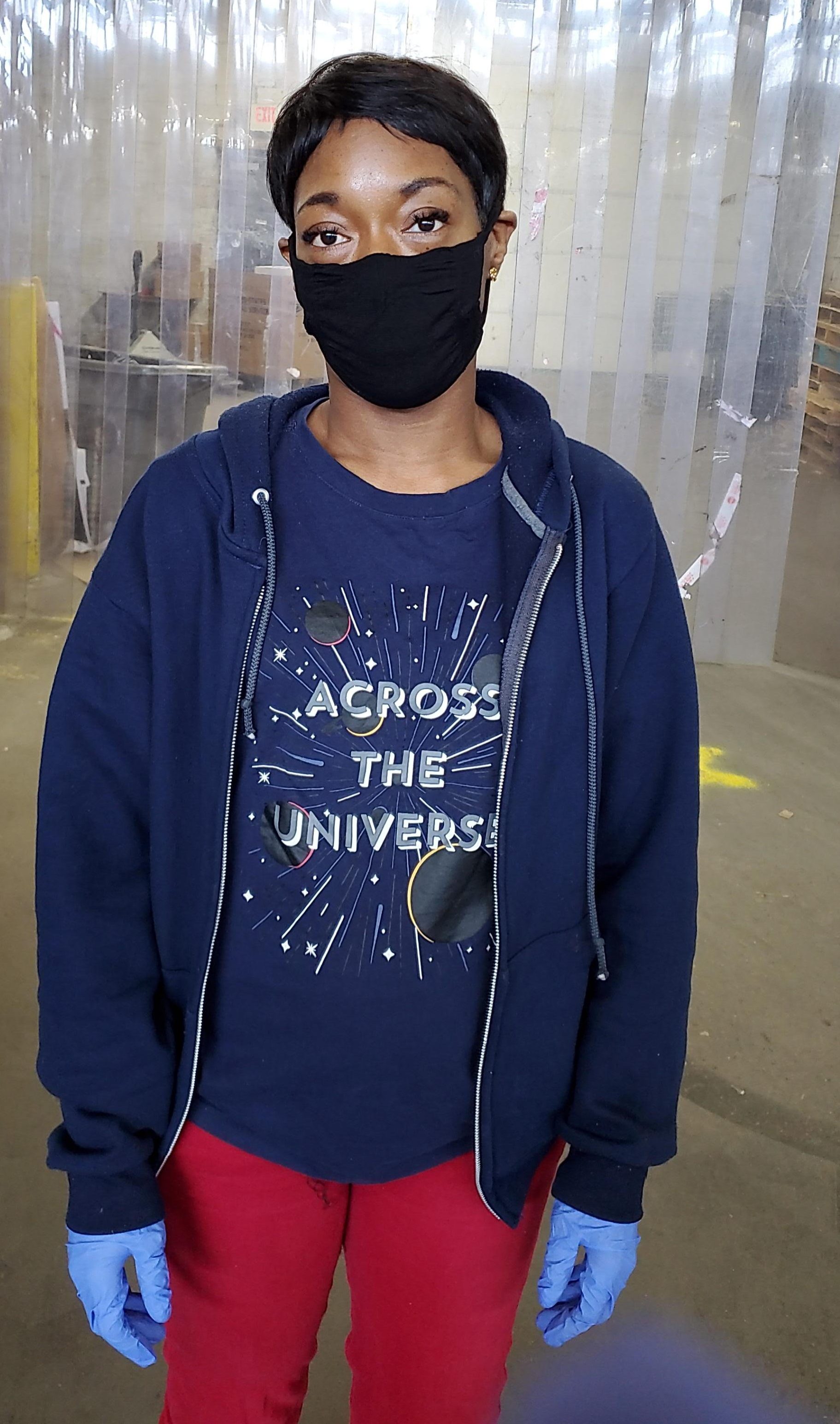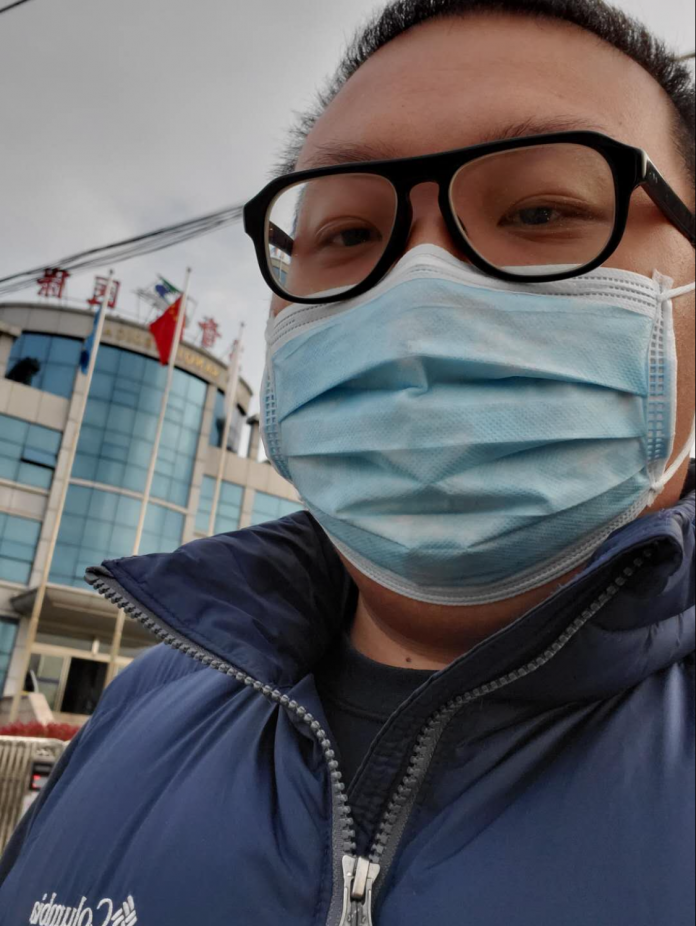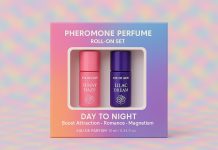(Note: This story is by SE Legal Correspondent Larry Kaplan and appears in the June issue of STOREROTICA Magazine)
NALPAC CEO Steve Craig’s quest for homebound PPE spanned more than 6,000 miles and two continents.
At the beginning of March, NALPAC CEO Steve Craig’s young son caught a cold. With some pediatric COVID-19 cases emerging, Craig was concerned. He became far more concerned when his son’s pediatrician confided that his office was having a hard time getting enough N95 face masks.
Craig began to notice numerous social media posts from other Michigan healthcare providers worried about not having sufficient PPE and not knowing where to turn. The vast majority of N95 medical masks are made in the U.S. by 3M and a few companies in China making private-label masks. Craig learned that since supplies of actual N95 masks had dried up, many state governments and hospitals were resorting to purchasing imported masks from China — familiar territory.
Before acquiring Nalpac, Steve Craig’s previous business endeavors, with his partner and brother Andy, involved private label manufacturing of medical equipment from Chinese manufacturers. Craig realized relationships he had established with Chinese intermediaries might come in handy to leverage securing the urgently needed masks.
Little did Craig know the enormity of the task he would be in for in his quest for PPE.
“It was the most challenging and daunting experience ever,” explains Craig. “Ordinarily, when you’re dealing with a new Chinese supplier, they might require a 10-15% prepayment. In this scenario, they wanted full prepayment, upfront.
“And every single day, the rules would change,” continues Craig. “So we sent an agent to Shandong, China. He had to pay a tax for certification as a legitimate buyer. And the government required affiliation with a Chinese state government-owned business. That is a large export company that handles the changing of the cash and helps Chinese manufacturers get their product out, since the Chinese government limits who can export products.
“After paying the tax, he had to take a number, then stand in line for days and days,” Craig said, “with 110 others on this medical campus, waiting for their orders.”
While Craig’s Chinese agent waited in line, U.S. Rep. Alissa Slotkin from Michigan, who had learned of Craig’s PPE quest through a mutual acquaintance, reached out to him to find masks for Michigan hospitals and healthcare providers. When she reached Craig, he explained he had just gotten off the phone with his agent in China, who hadn’t got out of line at the factory for three days, for fear of losing his place. Their conversation led to significant PPE orders for Craig back home.

“While everyone in the U.S. was stressing out for lack of PPE, we were making commitments to government and other health systems, based on the information we were receiving,” Craig said.
About five days in, Craig was able to get a signed contract through their intermediary company. After some “swift” decisions and wiring “signficant” funds, they would receive a call from their agent, “freaking out” due to the tight timeline. This ordeal went on for roughly three weeks.
“We realized that cash buyers, who would immediately pay 100% up-front, at a premium, were coming in, taking their goods and leaving,” says Craig. “Masks that would typically be 40-50 cents in quantity were going for $4-5. We weren’t willing to write a $10-15 million check to compete.
“While this was evolving, US states were fighting to get PPE. Many ended up buying defective or fraudulent goods,” notes Craig. “China, which is known as the counterfeit capital of the world, had many factories making similar looking masks which weren’t tested or certified. Those factories were buying the same boxes from the legitimate factories’ print shops, putting the uncertified masks in, and shipping them. So we had to be extremely careful with whom we worked.
“I would get 5-10 calls a night, all night long from people claiming to have masks,” says Craig. “Our agent would meet with them and find they weren’t real; they didn’t have the certifications. Or they only had 1,000 pieces because they stole them out of the back of a warehouse.”
At the time, perhaps only 10 factories in the whole country had FDA authorization to produce masks. Most of those had been commandeered to produce masks for China. And the others had high levels of restriction and government involvement. Initially, those factories not commandeered could only sell to Chinese companies, but those companies could sell to whomever they chose.
“But it changed,” says Craig. “They received government mandates prohibiting sales to the US, Canada, or Australia. It became even more difficult because our intermediary company, who had the contract with the factory, was getting squirrely about selling to anybody in America because the factory said they couldn’t, because of the government dictate.”
The progression continued to where the government shut down all exports of PPE. They required that any medical exports must be inspected. Chinese customs agents would open every shipment, review the documentation to make sure it was legitimate. That process halted all of the back-door deals that were coming out, many of which were coming to the U.S.
“As the U.S. demand continued to build, prices kept rising, and we struggled to get the product out,” says Craig. “We weren’t as ambitious as others, nor did I have the money to spend $20 million to prepay an order and charter my own plane to get masks out. Ultimately, that’s what those who were most successful were doing. And in the process, making tens of millions of dollars.”
I would get 5-10 calls a night, all night long from people claiming to have masks,” says Craig. “Our agent would meet with them and find they weren’t real; they didn’t have the certifications. Or they only had 1,000 pieces because they stole them out of the back of a warehouse. — Steve Craig
At Craig’s suggestion, Representative Slotkin prodded the FDA to permit factories making industrial masks to export them to the U.S. With few medical-grade masks available and urgent demand, the FDA eventually agreed to allow the industrial masks. This led to far more masks finally coming to the U.S. The industrial masks the FDA approved are certified by the National Institute for Occupational Safety and Health (NIOSH), but not made to the same standards as medical-grade masks. With the N95 masks considered medical devices, sellers were liable if the masks didn’t work. With the pseudo-medical industrial masks, they had no such liability.
By late-March, with the State of Michigan able to fill much of its need for masks from other sources, Nalpac switched to marketing non-medical, reusable masks as well as nitrile and vinyl gloves and hand sanitizer.

“Now that every single employee in the workforce in Michigan and probably elsewhere will be required to wear a mask, they’ll want something comfortable. So we’ve worked with a domestic company to produce a comfortable, reusable mask that’s actually breathable,” notes Craig.
“There are two main things people hate about masks,” says Craig. “They are horribly uncomfortable on your ears. And when you try to breathe, your face gets hot and sweaty, and you don’t want to wear the mask. The masks we designed slightly remedy that as they wick moisture like the fabric from a Nike shirt. They are made of spandex and nylon. They’re more comfortable, but still give the user some semblance of protection, as required, without being a medical device.”
Craig explains he was not alone in his humanitarian quest to keep healthcare workers safe.
“I was just one person, trying to help,” he says. “There was a whole group of people in my local community and presumably in others that were trying to do their best to bring in PPE. It was a nice showing of community. Some were profiteers, but many were just trying to help.”
Larry Kaplan is the Legal Correspondent for StorErotica Magazine. Mr. Kaplan is a business broker in the sale and purchase of adult retail stores and adult nightclubs and the Executive Director of the ACE of Michigan adult nightclub state trade association. Contact Larry Kaplan at 313-815-3311 or e-mail larry@kaplanstoresales.com.














You must be logged in to post a comment.